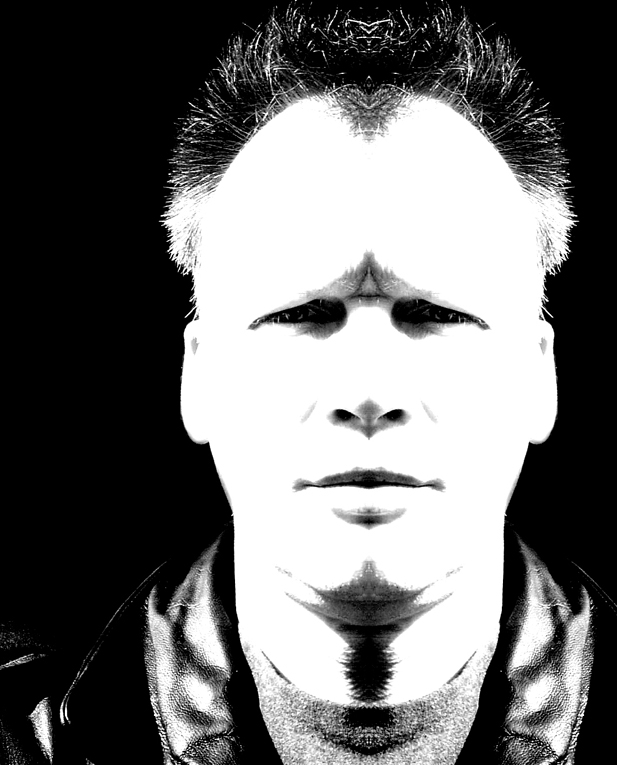
Synthetic Senses: an approach to an experimental epistemology
Synthetic Senses’ are a class of devices interfacing manufactured sensor technologies to the body enabling percepts that are not available to biological sensory modes. Piaget describes the developmental trajectory that leads to the perception of the external spatial environment as sensory-motor, that is, dependant upon the operation of the sensory apparatuses in conjunction with the movements of the body. This occurs at a young age and is lost to memory. Synthetic Senses create a condition in which the sensory-motor contingencies of a new sense modality must be developed allowing the direct experience of what Maturana and Varela call ‘bringing forth the world’. In this way, processes fundamental to human knowledge become available to experience, experimentation and recording approaching what Warren McCulloch called an experimental epistemology.